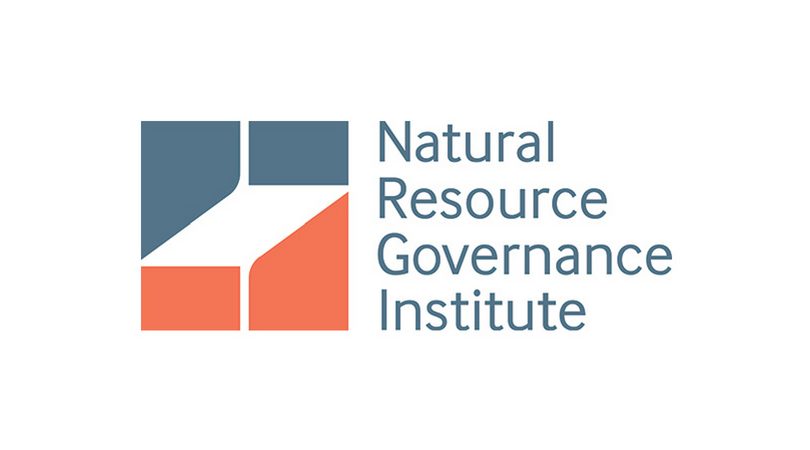Deadline: July 2, 2018
The Tanzania program of the Natural Resource Governance Institute in partnership with Media Council of Tanzania (MCT) is accepting applications for its 2018 Resource Governance Reporting Fellowship. The NRGI fellowship is uniquely designed to support up to three senior or mid-career journalists to deepen their mastery of oil, gas and mining reporting through a tailored professional capacity development program over a nine-month period.
Fellows will have the opportunity to engage in a range of flexible formal and informal learning opportunities including exclusive short seminars by leaders in the oil, gas and mining fields, financial and technical support for three extractives stories, attendance at global media events, and participation in a regional resource governance training event. A project advisor, along with Media Council of Tanzania and NRGI staff, will support fellows throughout the duration of the fellowship, and NRGI will provide fellows’ access to sector experts.
At the end of the term, fellows will be better equipped to analyze information about the oil, gas and mining sectors and transform that analysis into impactful stories. The fellowship will support reporters as they enhance their ability to spotlight different voices and perspectives; use multiple sources; report ethically and accountably on complex issues such as state-owned enterprise governance; reference and analyze primary oil, gas and mining documents; access and evaluate industry-related data; and reflect international best practices.
Benefits
- NRGI will provide full sponsorship to fellows to participate in The African Investigative Journalism Conference at Wits University, Johannesburg, South Africa (October 29-31, 2018) or a similar conference.
- NRGI will provide full sponsorship to fellows to participate in one NRGI regional course, such as the Anglophone Africa Regional Extractive Industries Knowledge Hub Course.
- Fellows will engage in a range of flexible formal and informal learning opportunities including exclusive short seminars by leaders in the oil, gas and mining fields.
- Fellows will have access to a project editor, an NRGI staff, and access to sector experts throughout the duration of the fellowship.
- Fellows will have the opportunity to apply for funding for different information resources related to the resource sector (e.g., journals, databases, libraries, publications, forums).
- Fellows have the opportunity to apply for up to $750 per story to cover reporting costs with an itemized budget attributed to each story in advance of payment for fellows to complete their projects over the course of the fellowship.
- Fellows will return to their media organizations better equipped to report the oil, gas and mining sectors at a more technical and informed level and to share new knowledge with their colleagues.
Eligibility
Overall, the fundamental attributes of a fellow will be self-driven, pro-active engagement and the ability to follow through on commitments and to complete the program with minimal supervision. Others are:
- At least five years of continuous journalism experience
- Proven record of reporting on oil, gas and mining topics (in English or Swahili)
- Advanced journalism skills including the ability to apply more sophisticated journalism techniques (e.g., data analysis, document analysis, multimedia journalism and podcast production)
- Newsroom leadership potential
- Previous participation in an NRGI training is an added advantage
- Willingness and ability to commit to the demands of the fellowship
- The explicit support of their media organization to pursue all aspects of this fellowship
- Women are particularly encouraged to apply
Requirements
- Fellows will produce three stories—spending 2 to 3 months on each—over the course of the nine-month fellowship.
- Fellows will attend the fellowship orientation, trainings and events as planned.
- Fellows will contribute to industry-related online forums and be prepared to present their fellowship experience to NRGI.
- Fellows are expected to comply with highest journalism ethics internationally, as well as those outlined in Tanzanian law and regulations, such as the Media Services Act (2016), the Cybercrime Act (2015) and Online Publishing Regulations (2018).
- Fellows will commit to regular, defined communication with the project editor.
- Fellows are required to comply with monitoring and evaluation processes, such as the logging of stories written.
- Fellows will communicate with project editor and NRGI staff online or in person at mutually agreed times.
- NRGI does not exert editorial control over the content published by the fellows.
Application
You will be required to submit the following as part of the application:
- Links to two previously published stories, in any format, that address the oil, gas and mining sectors in Tanzania (in English or Swahili)
- Three story proposals for analysis and investigation of issues outlined in the proposal throughout the fellowship period
- A statement of purpose, no longer than 500 words, which explains why you are applying for the fellowship and your interest in the priority reform topics or issues chosen
- A signed consent form from an editor/supervisor and/or employer that confirms you will be given support and time to fulfill the requirements of the fellowship (unless operating as a freelancer)
- A one-paged CV or resume.
To apply, complete the online application form by 2 July 2018.
For more information, visit Resource Governance Reporting Fellowship.

